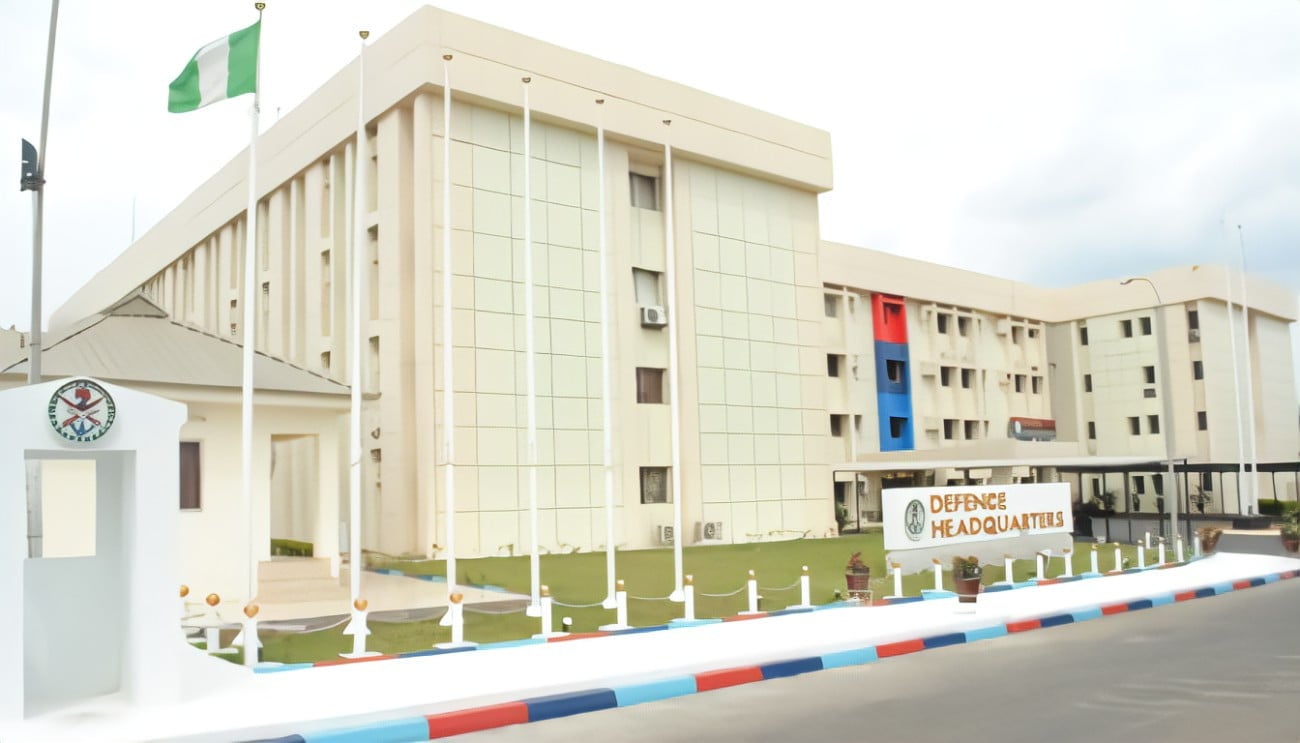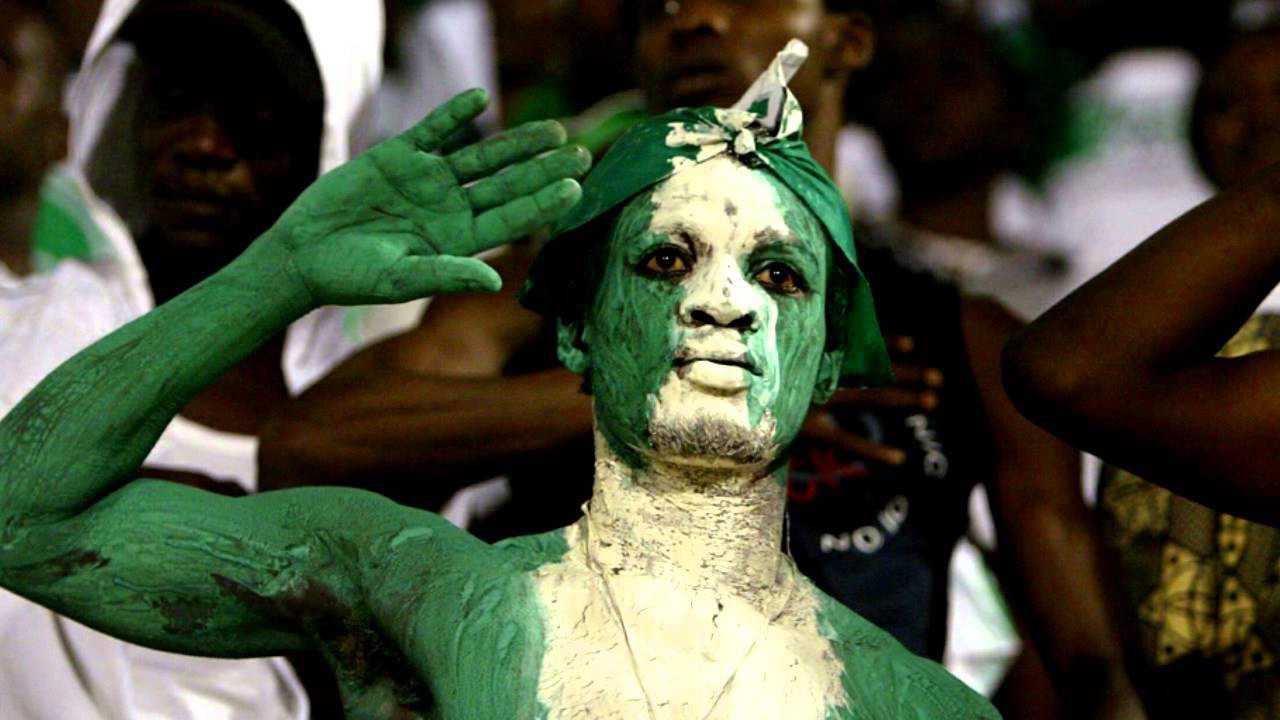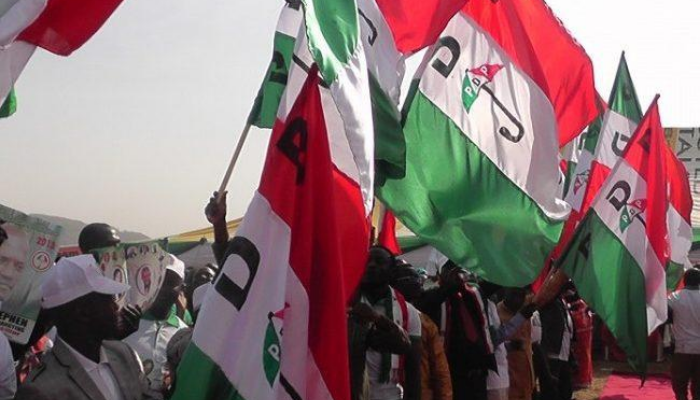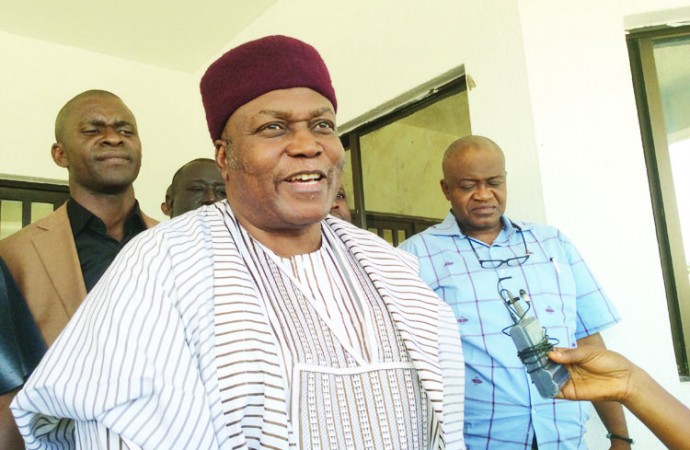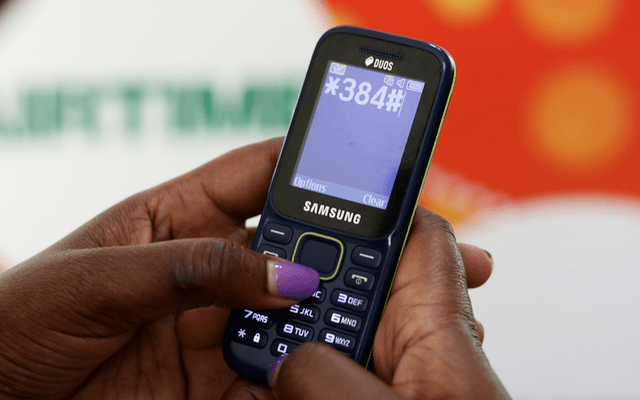Azu Ishiekwene
There was a BBC News story in February that caught me between laughter and bemusement. The news channel reported, in very strong language matched only by the alarming reactions of the persons interviewed, a spate of stabbings across parts of south London that left at least one dead.
It’s sad that anyone should take the law into their own hands, and sadder still that even one innocent person should suffer injury or die from such senseless attacks.
One of the law enforcement officers interviewed, Ade Adelekan, obviously with Nigerian roots, described the south London incidents as “shocking” and went on to say that the “absolutely horrific news would devastate our community.”
In comparison with what has been happening in Nigeria in recent times, Adelekan’s response to the south London attacks would appear to be outrage that should have been reserved for two-fighting. His misery however genuinely concerning, would not make it to the Sitrep of the local police authorities in Nigeria, much less become a matter of interest at the state or national level.
Violence now registers in its grossest numbers and scale, and would become instant national news if it affects one or two people of power and influence. The country is sliding into anarchy and the harder you try to run from headlines of deaths and violence and destruction, the faster the news catches up with you.
Even social media with its incredible capacity for the banal and the bizarre couldn’t make up the heartrending wave after wave of utterly distressing news of violence in recent times.
The South East, home to one of the three largest ethnic nationalities and the theatre of a brutal civil war that left over two million dead, has been facing something worse than a crisis in the last few weeks: it’s been at war, again. Between January 8 and March 22, nine police officers have been murdered, 12 police stations burnt down and three checkpoints attacked and vandalised by gunmen.
But that was only small potato compared with the horrific events that would follow. In two straight days, gunmen attacked and burnt down two major police facilities and a correctional centre in Owerri, Imo State, and released over 1,800 inmates.
The attacks were bad enough. The audacious manner in which they were carried out makes Syria look like a peace haven. According to reports, the gunmen announced themselves with a carnival near the Government House in the wee hours, chanting war songs, shooting into the air, and generally making merry.
For 30 minutes while the madness lasted, no one, that is, no state official stirred. Not the police whose headquarters shares a wall with the Government House where this drama was taking place, not Governor Hope Uzodimma of Imo who only a few weeks earlier deployed busloads of armed policemen in an internecine war with his predecessor and political rival, not one single security official stirred.
After the rehearsal in front of the Government House, which the gunmen could have recorded and shared on social media if they wanted to, they then proceeded to attack the Police headquarters and the correctional facility.
In the morning, the governor, the police high command and every single public official who should have been hiding in shame rushed to the crime scene chewing microphones in a rehearsed show of pretentious rage and improvised shock and surprise. The law, they promised, would take its course – that is, after the next mayhem, and the next one…
Yet, to send a message that they were not to be trifled with, the gunmen attacked another police station in the state within 24 hours. This attack came even after President Muhammadu Buhari replaced Police inspector general, Mohammed Adamu one month ahead of schedule. Weeks after Buhari said never again following the kidnap of hundreds of students from their dormitories in the North of the country, trouble came back with its own shade.
The new Inspector General of Police, Usman Alkali Baba, has his work cut out for him. He is taking the reins at a time when the reputation of the force and public confidence in it are at their lowest.
There’s hardly any search that won’t turn up the force among one of the world’s worst either for corruption or human rights abuses, ranking it in some instances, with forces in DR Congo, Uganda, Kenya, Haiti and Pakistan. And yet this was a force ranked among the best in international peacekeeping in the past.
At the heart of the #ENDSARS protests which nearly brought Buhari’s government to its knees last year was the legend of police brutality and corruption, with stories ranging from chilling human rights abuses, to corrupt recruitment and tropes of how you can rent the force or hire arms for less than a piper’s fee. The rot is deep, very deep. And it’s beyond the missionary zeal of any new appointee.
Nothing justifies the brazen attacks on police facilities and policemen or the freeing of inmates. Nothing. But it doesn’t matter how many times Buhari replaces the head of the police, until he is prepared to make more than cosmetic changes, until he is prepared to deal with the root causes of spiraling violence, including the deepening feelings of malicious exclusion, failure of intelligence and proliferation of illegal arms, things would get worse.
A 2016 Oxfam report put the estimated legal and illegal small arms and light weapons circulating in Nigeria at about two million. But the number, according to former head of state Abdulsalami Abubakar, has tripled in five years, reaching six million.
The unraveling of Libya apparently accounts for some of the proliferation, but no one can say for sure how many are pouring in through the porous borders and how many are hired for a fee by rogue elements in the security forces.
And then there are the “soft” issues, which also appear to be just as deadly. You can tell how serious these “soft” issues are in how the debate has drifted from finding the culprits of the Imo attacks and punishing them, to name-calling and finger-pointing.
Crime is crime. No one who attacks and burns down a police station and frees inmates should go unpunished, whether they are members of the Eastern Security Network, IPOB or any of their franchises.
The problem is that politicians have been captured by the same mob, gang leaders and ethnic warlords they raised to win elections – the monsters they nursed over the years: those in the South West are willing captives of Sunday Igboho; those in the South East kowtow to Nnamdi Kanu; and those in the North take peace offering to Abubakar Shekau and his murderous gang of Boko Haram, bandits and herdsmen. Our politicians are done for. Unfortunately, we’re paying the price.
When President Buhari who instead of showing the way with the tough, no-nonsense firmness that endeared him to Nigerians in his earlier life, choose instead to act like a captive of the mob, he lost the chance to stop the problem from escalating.
With career politicians muddying the waters ahead of 2023, the perception that Buhari’s government takes sides with the partisan mob will only compound our collective misery.
But we can’t – and won’t – surrender to anarchy. Of course, what appears to be the official government policy of negotiating with bandits and criminals in one part of the country, while demonising and shelling them in other parts, has emboldened criminality. It must stop.
Crime is crime. Criminals should be sussed out, whoever they are and in wherever they are found, and punished as a deterrent. What happened in Imo is inexcusable. The only way to prevent it happening again whether in Imo or elsewhere in the country, is to find the perpetrators and punish them before ethnic politics inflames the tragedy.
Crime thrives on indulgence. That was what the south London policeman saw. Buhari must show, by his clear unambiguous choices, that his government is not feeding anarchy.
Ishiekwene is the Editor-In-Chief LEADERSHIP
